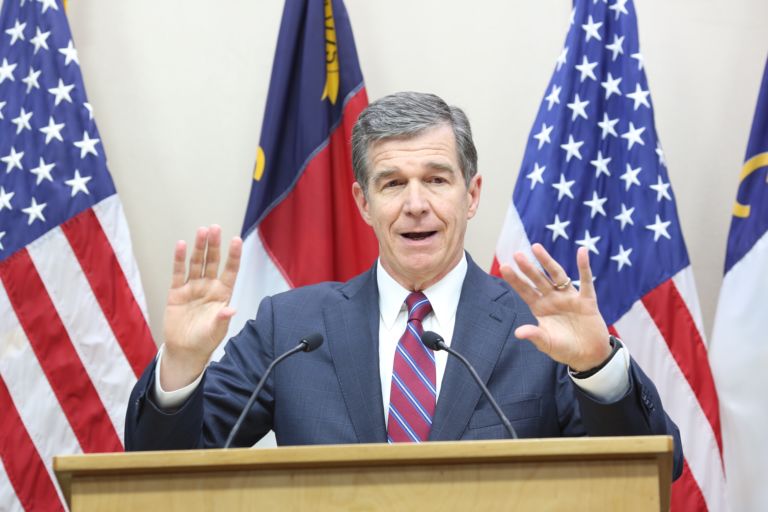Jeremiah Poff of the Washington Examiner highlights one impact of the rash of school closings tied to COVID-19.
The failure of many public schools to reopen during the 2020-2021 school year appears to have created a boom of support for school choice policies nationwide among the general public and elected officials.
As COVID-19 case rates waned over the months and years following the lockdown of spring 2020, many public schools across the country remained closed even as restaurants and businesses reopened their doors and despite repeated assurances from public health officials that schools could safely reopen to in-person instruction.
A June 2021 poll from Real Clear Opinion found a 10 percentage point increase in nationwide support for school choice, rising to 74% — up from 64% in April 2020. As public support increased, so did the number of enacted policies.
According to data from the American Federation for Children, a nonprofit organization advocating for school choice policies, at least 19 states passed legislation establishing or expanding school choice programs in 2021.
The legislative push has largely been contained to Republican-controlled states — such as Florida, West Virginia, and Missouri — and coincides with a nationwide decline in public school enrollment and the substantial growth of homeschooling.
The U.S. Census Bureau said in 2021 that homeschooling increased from 5% of U.S. households in the spring of 2020 to over 11% that fall. Data on private school enrollment is not as readily available. The National Center for Education Statistics only lists data through 2017 and was last updated in May of 2020, but numerous Catholic school districts nationwide reported substantial increases in interest and enrollment during the pandemic, reversing a decadeslong decline.
Corey DeAngelis, the national director of research for the American Federation for Children, blames the failures of public education on teachers unions, which he said broke public education long before the emergence of COVID-19.


